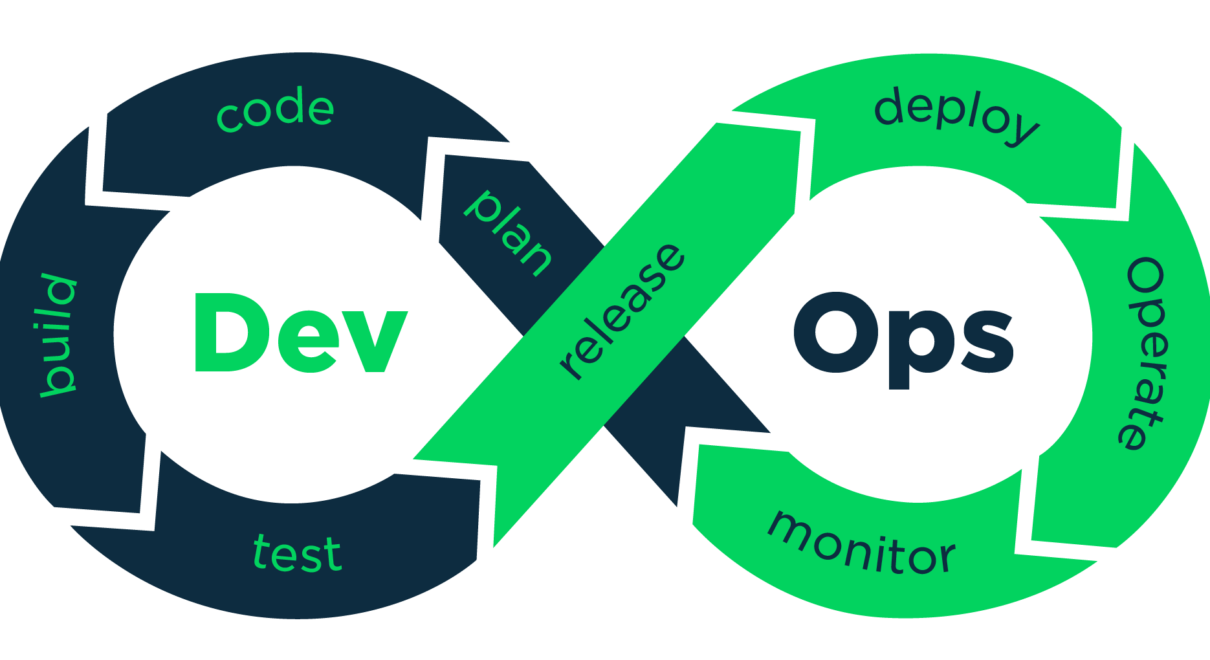In today’s rapidly changing software development landscape, the need for agility, scalability, and maintainability is more critical than ever. DevOps methodologies have revolutionized the way applications are developed, deployed, and managed. A particularly influential approach in this context is the 12 Factor App methodology, which offers a robust framework for building resilient, scalable, and easily maintainable applications within a DevOps environment.
Conceived by Adam Wiggins in 2011, the 12 Factor App methodology provides a set of principles designed to optimize the development and deployment of cloud-native applications. These principles aim to streamline processes, ensure project consistency, and enhance collaboration among developers, thereby integrating smoothly with modern DevOps practices.
Here’s a breakdown of the 12 key factors in this methodology:
1. **Codebase:** Utilize a single codebase managed in version control to enable multiple deployments.
2. **Dependencies:** Explicitly declare and isolate dependencies to ensure consistent builds and prevent compatibility issues.
3. **Config:** Store configurations in the environment to standardize deployments across different environments.
4. **Backing Services:** Treat services like databases, queues, and caches as attached resources, simplifying connections and replacements.
5. **Build, Release, Run:** Clearly separate the build, release, and run stages to support continuous integration and deployment.
6. **Processes:** Run the application as one or more stateless processes to enhance scalability and resilience.
7. **Port Binding:** Expose services via port binding for clean separation from other components.
8. **Concurrency:** Utilize the process model to scale horizontally.
9. **Disposability:** Ensure quick startup and graceful shutdown to boost robustness and resource efficiency.
10. **Dev/Prod Parity:** Maintain consistency across development, staging, and production environments to reduce discrepancies.
11. **Logs:** Treat logs as event streams for better monitoring, debugging, and analysis.
12. **Admin Processes:** Execute administrative tasks separately from the core application to maintain clarity and organization.
Adopting these principles fosters an environment conducive to continuous integration and continuous delivery (CI/CD), allowing teams to adapt swiftly to changing requirements, deploy code more frequently and reliably, and maintain applications effectively throughout their lifecycle.
Incorporating the 12 Factor App methodology aligns seamlessly with DevOps principles, enhancing collaboration, automation, and scalability. Teams that implement these principles can create resilient, cloud-native applications characterized by agility, scalability, and maintainability—key attributes in today’s competitive digital market.
In essence, the 12 Factor App methodology serves as a crucial framework in modern software development, providing DevOps teams with a blueprint for building robust, scalable, and maintainable applications. By adhering to these principles, organizations can better navigate the complexities of contemporary software development and efficiently deliver value to their users.



